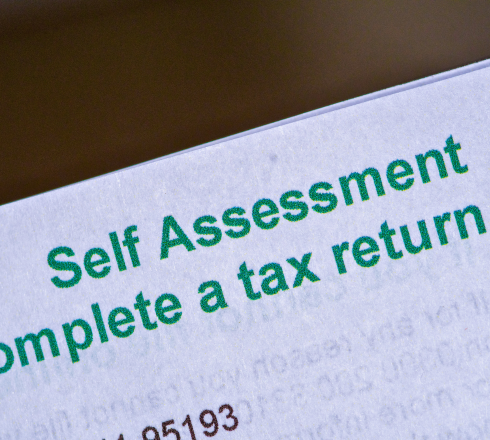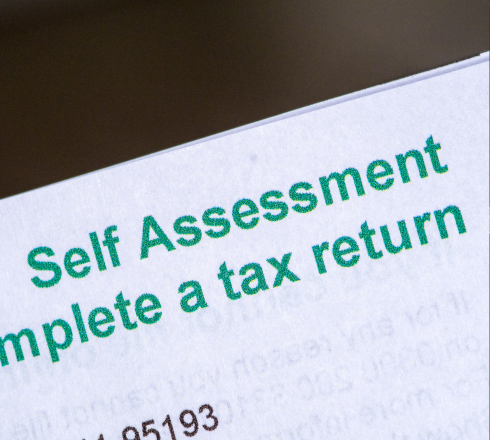If you’re self-employed, earn untaxed income, or have other income streams besides employment income, now is the time to prepare for the 2024–25 tax year as the deadline is the end of January 2026.
What Period Does It Cover?
The 2024–25 tax year runs from 6 April 2024 to 5 April 2025. The deadline is the end of January 2026 to file for this year and to make the paymen
Read More



















